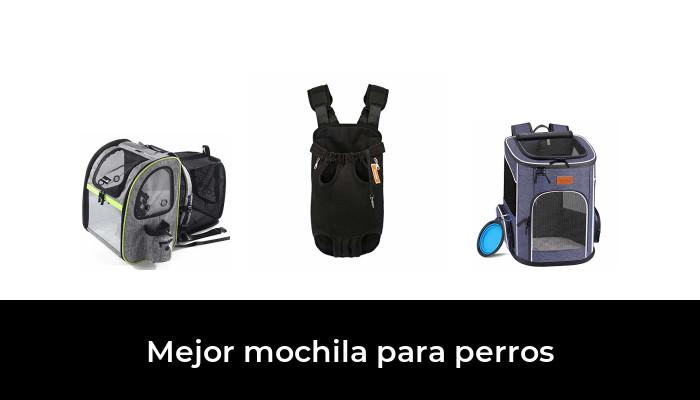Carved Ivory Family: "We have learned to fight from my parents"
Calling themselves Marfil and Tallada, it seemed predestined in the family that their profession was going to be jewelry. "There are still those who think that the name of the establishment has to do with ivory," says Begoña, the eldest daughter of a couple who have been dedicated to jewelry for forty years. We begin the interview and Manuel Marfil sits in a small armchair, extending his arms, as if hoarding the family under his protective cloak. «I ask you first, if you agree», and you answer: «Captain Marfil». He will repeat the expression several times during the interview, and he even shows a pendant that represents a rudder, and that he wears around his neck. The place chosen for the meeting is the new jewelry store that opened just a few months ago at the corner of Cirilo Amorós and Hernán Cortés, at a crossroads that have become synonymous with luxury and exclusivity in recent years. The place breathes the style of the interior designer Carlos Serra, who was involved in the project in full confinement, and for which he was inspired by the New York of the Valencian architect Guastavino. It defines very tightly what this family wants to transmit, halfway between the first and second generations, between the past represented by the needle of the tie and the enormous pearls and the present of barely visible jewels or a piece that can be composed as a a puzzle.
-How do you remember the beginnings?
-Manuel. I have a broken heart, because I was born in Malaga, I spent forty years there and another forty in Valencia. Here I met María José, I fell in love with her and shortly after we got married. Begoña and Héctor were born in Malaga.
-Maria Jose. We came back, because the earth pulls a lot.
-How was the growth?
-M. Since we arrived we have done the captain's route, from Plaza de España, passing through Colón, now Hernán Cortes, always looking for victory. And forty years later we have endured the type and we maintain order, culture, price, respect for the client and absolute confidence.
The Carved Ivory family, forty years dedicated to the jewelry business. / D. TORRES
-But you, María José, weren't going to be a jeweler.
-MJ. I am actually an agricultural expert and I worked for four years in the Botanical Garden, but when I got married I went to Malaga and left it. I have been working as a jeweler until I have retired, and my children have always seen us.
-Is there nothing left of the agricultural expert?
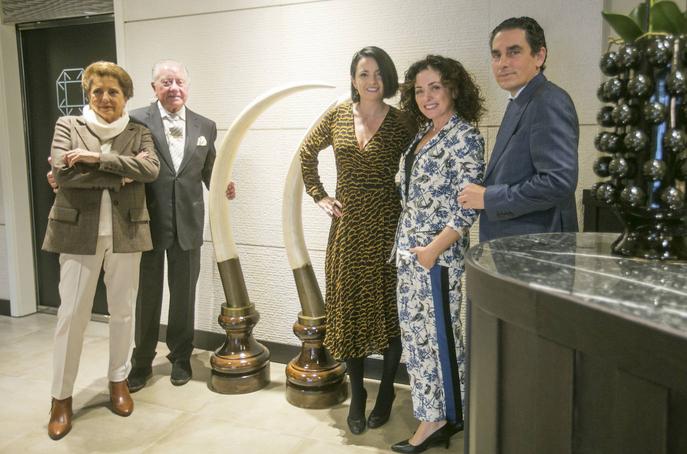
-MJ. I still have a hobby for gardening, it's what I like and it distracts me, and I still remember the time at the Botanical, or in Belgium, where I worked in a research center.
-At that time, being a woman with a university degree, or going abroad, was not the most common thing.
-MJ. In the Agronomists course we were five or six girls and they two hundred and they put us in the front row. But it is that my father was a doctor and my mother a Business professor, so in my house they instilled it in us when we were little, as I did with my children. It is true that they have jewelry, but before it was important that they prepare.
"The captain never retires, he is always at the bow of the ship"
-What memories do you have of your childhood?
-Begoña. The first office was at home. It always seemed natural to us that work was united with the family.
-Dove. I remember that at Christmas we would go to Andorra, they would leave us on the slopes to ski and they would go visit jewelry stores with their suitcases.
-Hector. And thanks to his business trips to Andorra we skied three times a year.
-P. In addition, we spent the summer in Ibiza, where my father always took advantage of the month to continue working, loaded with his suitcases visiting jewelry stores.
It's been twenty-six years since Héctor, the middle child, joined the company, where he began with an internship in Business Studies. And he stayed. Paloma, the little one, was very clear about it. «I always liked goldsmithing». So he studied gemology, graduated as a jewelry appraiser, specialized in diamonds.
-And you?
-B. I also studied Business, like my brother, but in my case I started working in the marketing department of a pharmaceutical company. However, there came a point where I considered that I too wanted to be in the family business. I didn't want to be left out. Even my husband is in the company.
-Can you stop talking when you close the door?
-B. My husband and I don't talk about work, or at least we try to.
-I guess it's a joy that the business was able to pass on to a second generation.
-MJ. I think so. This is the result of our effort and our work, and that I can continue thanks to them is a joy.
"It would be terrible for me if there were problems between my children"
-Was it difficult to let go of the reins?
-M. If I haven't quit yet. The captain never retires, he is always at the bow of the ship and watching from where the wind blows (they laugh).
-MJ. It is clearer than water.
B. And fortunately, because it gives us a lot of peace of mind.
-What have you learned from your parents?
-P. All. To fight, to know what it costs to earn money, to work the hours that are necessary.
-MJ. We have tried to set an example for them, and I think we have succeeded.
-B. When my mother had the jewelry store on the first floor in the Plaza de España, her sales were comparable to what we do here. Starting from scratch, without advertising, without social networks. In the way of treating the client there has not been a better teacher.
-P. And there are still people who come to us because they keep remembering her.
-Family businesses are not easy.
-MJ. Respect is very important, and we have never come to argue. Everyone has their opinion and it is not easy, 24 hours a day together.
-B. I think it is also essential to distribute well and know what the space for each one is. And we may have different opinions, but we work it out. I think we have been educated in the same way, and in this sense it is very easy.
"Respect is very important and knowing what each one's space is"
-Do you think there can be succession in a third generation?
-B. My son has studied ADE and he is going to do his final degree project on the family business, but the goal is for him to go abroad, start elsewhere, as I did at the time.
-M. I want him to be the future CEO in the company.
-P. My children and Héctor's are still young, but one of her daughters, when she comes, she starts drawing the jewels and it's wonderful.
-Are you still going back to Malaga, Manuel?
-M. Now I haven't gone for several months, but when this happens I want to go back and eat a skewer of sardines and enjoy a bit of flamenco.
-Have you been scared with the Covid?
-M. If I see fear, I give it a cape, like a bullfighter. You have to adapt.
-MJ. We have been practically confined these weeks. Manuel has started to come for a while in the morning, I bring him in the car and that's how he gets distracted.
-Is he one of those who will die with his boots on?
-M. Clear. With boots and cap. I already told you that the captain has something, that women always turn (laughs).
-P. Even friends call him that.
-B. And when we go on a trip, he always has his cap on.
-Do you like to travel?
-M. We have traveled the entire world, from the North Pole to Cape Horn, India, China, New Zealand... I even took the Spanish boat for the America's Cup. The world is so beautiful... and Spain too.
-B. We have traveled a lot together, since we were little, now with the grandchildren, who also travel alone with the grandparents. The last trip was to Marrakech and we had such a good time...
«If I see fear I give it a cape, like the bullfighter. You have to adapt»
-What a pleasure to see the family together, isn't it, María José?
-MJ. It would be terrible for me to see problems between my children.
-Looking back now, Manuel, do you think you've been lucky in life? There are always hard moments.
-M. But with sacrifice, seeing where one has gone wrong and with the image of God close by, everything is overcome. I have also been lucky, a lot. With everything I've been through, a pacemaker and a bull that almost caught me ("it's that the captain wanted to fight", they laugh).
-Tell me about it.
-M. In Arévalo, a 600-kilo bull came out and noticed me. My partner jumped headlong into the alley, they didn't make room for me in the burladero and it burned my pants. "Having thrown off," they told me. Another time, at a friend's farm, I was in the arena and when I saw the bull coming towards me, I stood still. He passed by me. Then they would say: "I have not seen someone with more value in my life." In reality, he was paralyzed with panic. That's luck (laughs).

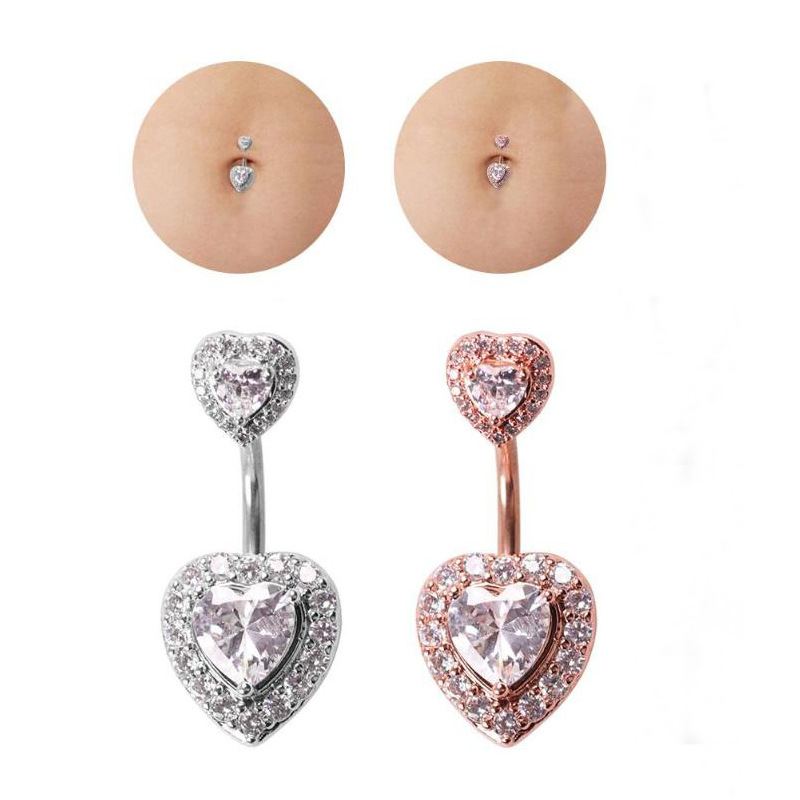

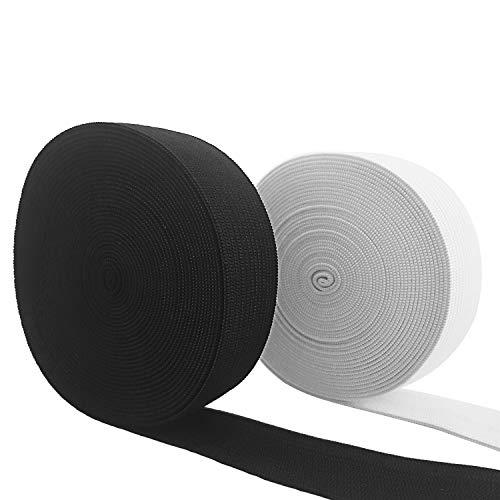
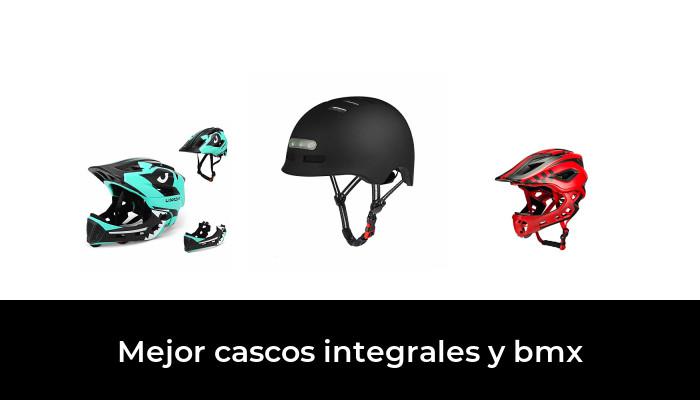

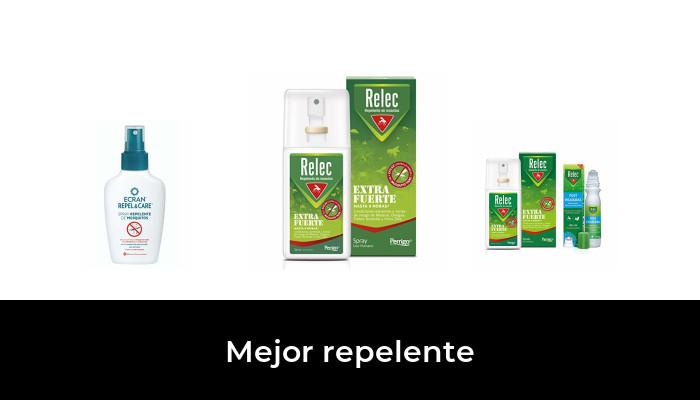
![47 best antiage nutritive cream in 2022 [based on 326 reviews] 47 best antiage nutritive cream in 2022 [based on 326 reviews]](https://website-google-hk.oss-cn-hongkong.aliyuncs.com/drawing/article_results_6/2022/2/27/1918fc37c66ad30564173e69d9df88a0.jpeg)
